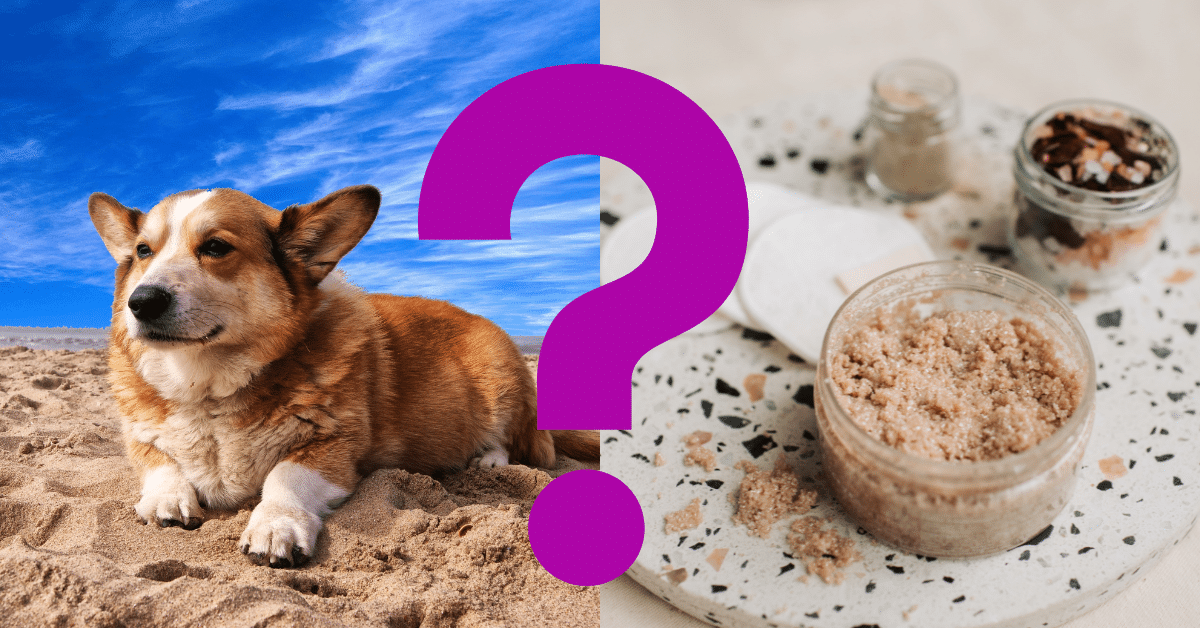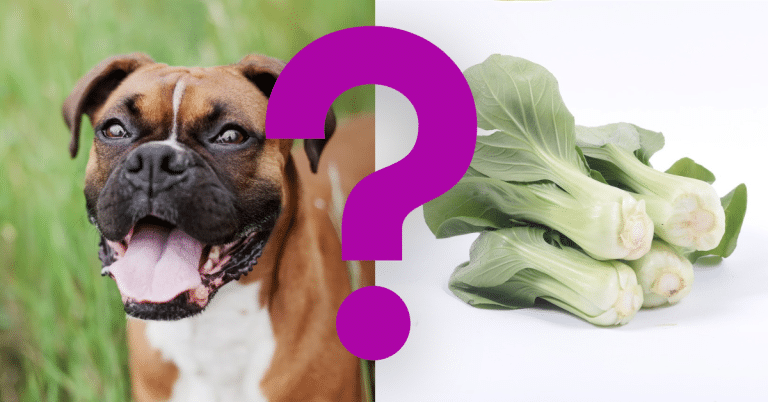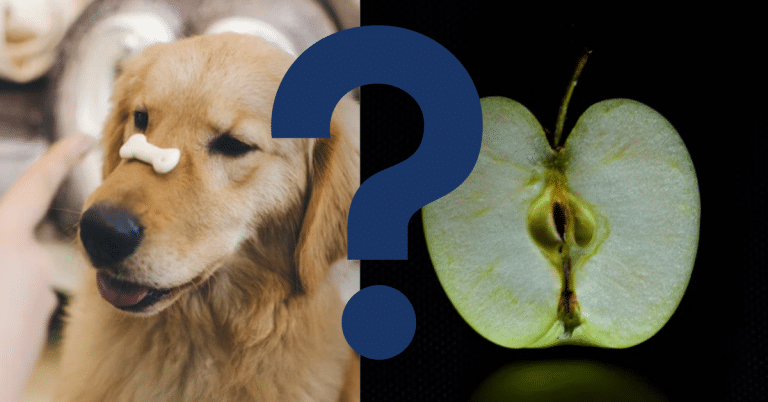Can Dogs Eat Brown Sugar? A Vet’s Opinion

Brown sugar is a sweetener manufactured from white sugar and molasses, giving it a dark color and distinct flavor. But can you feed Brown sugar to your dog?
No, dogs should not be given brown sugar or any other type of sugar. Sugar can cause obesity, dental problems, and diabetes in dogs. Avoid offering them sugars or foods not explicitly prepared for dog consumption to preserve their health and well-being.
Benefits of Brown sugar for dogs
Brown sugar has no particular health benefits for dogs. It’s best to avoid providing sugar to dogs because it can cause health concerns, including obesity and dental difficulties. Most of a dog’s diet should consist of nutritionally balanced, dog-appropriate foods. Always seek the counsel of a veterinarian on your dog’s diet and health.

How to safely give Brown sugar to dogs
It is crucial to note that giving brown sugar or any sugar to dogs is typically not suggested because it provides no nutritional benefits and may harm your dog’s health. Dogs do not need additional sugars in their diet, and avoiding giving them any sweeteners, including brown sugar, is better. Sugary foods can cause various problems in dogs, including obesity, dental difficulties, diabetes, gastrointestinal distress, and behavioral disorders. Dogs’ metabolic processes and dietary needs differ from those of humans, and their bodies are not intended to handle carbohydrates efficiently.
If you want to give your dog a treat or an incentive, purchasing dog-friendly foods specifically created for their dietary needs is safer and more suitable. These snacks are intended to be safe and pleasant for dogs while avoiding the negative consequences associated with sweets. Watch for signs of distress or strange behavior if a dog accidentally swallows a little amount of brown sugar or a sugary product. Contact your veterinarian immediately if you are concerned about their health or see any strange signs.
To summarise, it is in your dog’s best advantage to avoid giving them brown sugar or any sugar. Instead, concentrate on giving well-balanced and adequate food.
Will Brown sugar make a dog sick?
Brown sugar can cause various health problems in dogs and make them unwell. Some of the potential illnesses and health risks linked with feeding brown sugar or sweet items to dogs include:
Obesity
Sugar contains many calories and can contribute to excessive weight growth in dogs, leading to obesity. It can strain their joints, organs, and general health.
Dental issues
Sugary substances can increase tooth decay and gum disease in dogs, resulting in dental problems such as cavities, gingivitis, and poor breath.
Diabetes
Consuming sugar regularly can affect a dog’s blood sugar levels and insulin production, potentially leading to diabetes. This chronic condition requires ongoing control and can have a detrimental influence on their quality of life.
Digestive upset
Sugar can cause gastrointestinal distress, such as stomachaches, diarrhea, and vomiting, upsetting the digestive system and creating discomfort.
Behavioral issues
Sugar can modify a dog’s behavior, causing hyperactivity, irritation, or changes in its regular demeanor.
Nutritional imbalance
Sugary substances can replace critical nutrients in a dog’s diet, resulting in an imbalance in their nutrition and perhaps compromising their health and growth.
Insulin Resistance
Sugar consumption regularly may cause insulin resistance in dogs, making it difficult for their bodies to manage blood sugar levels adequately.
A well-balanced diet that suits your dog’s nutritional demands is crucial, and sugary snacks or foods should be avoided. Suppose you suspect your dog has taken brown sugar or other sugary substances and is displaying symptoms of illness or discomfort. In that case, you must visit a veterinarian as soon as possible for proper guidance and treatment.
Can Dogs Eat Brown Sugar Variations?
Feeding dogs brown sugar variations such as light or dark brown sugar are not suggested. Brown sugar is created by combining molasses with refined white sugar, resulting in a distinct flavor and color. The molasses content, though, keeps them sweet and syrupy.
Dogs can be harmed by sugar, including brown sugar varieties. They have no nutritional benefits and, as previously said, can contribute to various health concerns such as obesity, tooth difficulties, diabetes, digestive discomfort, and more.
It is advised to avoid giving your dog any type of sugar, including brown sugar varieties, for their health. Choose dog-specific goodies that are developed to match their dietary demands and are safe if you’re looking for treats for your dog.
Please consult your veterinarian for advice on your dog’s nutrition and appropriate treats to guarantee their overall health and well-being.

Vet’s Summary
To summarise, dogs should not be given any form of brown sugar, including variations such as light or dark brown sugar. Brown sugar has molasses added, making it sweet and potentially dangerous to dogs. Sugar consumption, in general, can cause various health problems in dogs, including obesity, dental difficulties, diabetes, digestive disturbance, and more. It provides no nutritional benefits to children and can harm their health and well-being. As a result, pet owners must prioritize a well-balanced diet made exclusively for dogs and avoid feeding them sugary foods.
Pet owners should look into probiotic supplements, given the importance of maintaining a dog’s digestive health and overall well-being. Probiotics can help maintain a healthy gut flora and ease digestion, potentially alleviating gastrointestinal disorders and improving immune system strength. However, before adding additional supplements to a dog’s diet, it’s critical to contact a veterinarian to confirm the supplements are appropriate for the dog and are taken at the proper dosage. A veterinarian can give customized recommendations depending on your dog’s health needs and conditions.
Videos to watch
If you are wondering if you can give your dog brown sugar, watch this:
And if you want to know what a dog can NOT eat, watch this:






